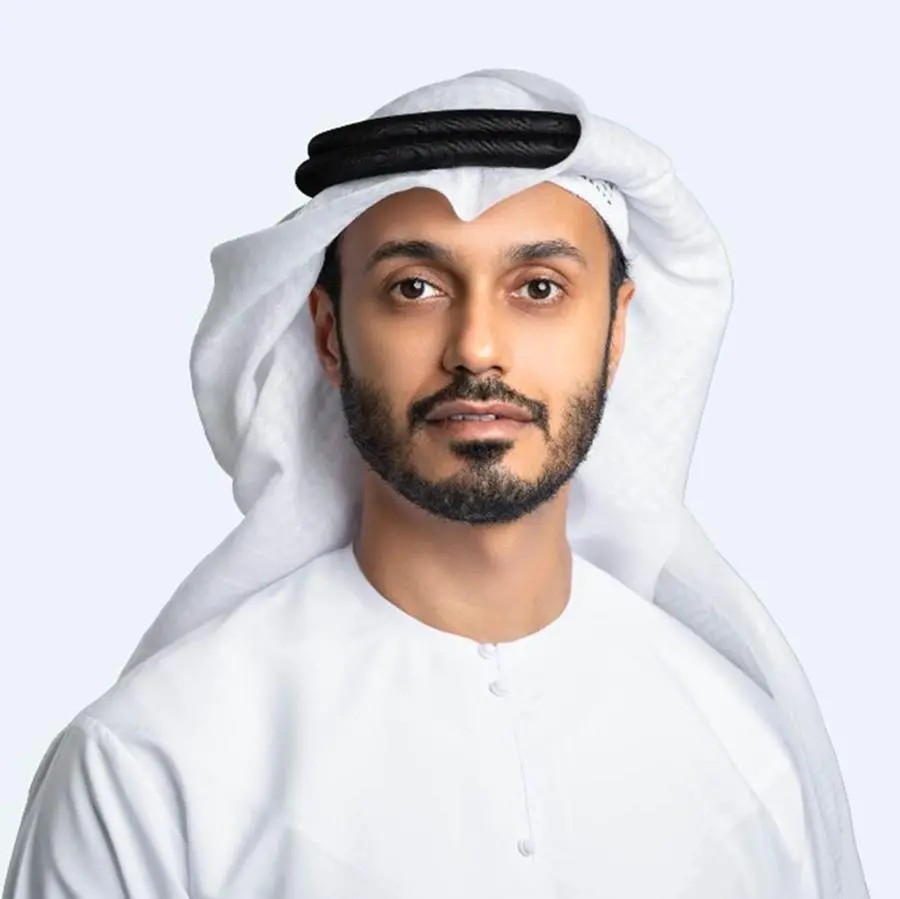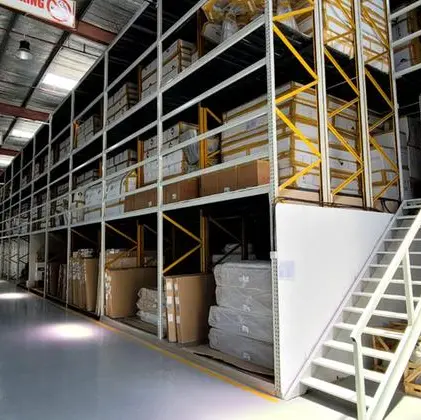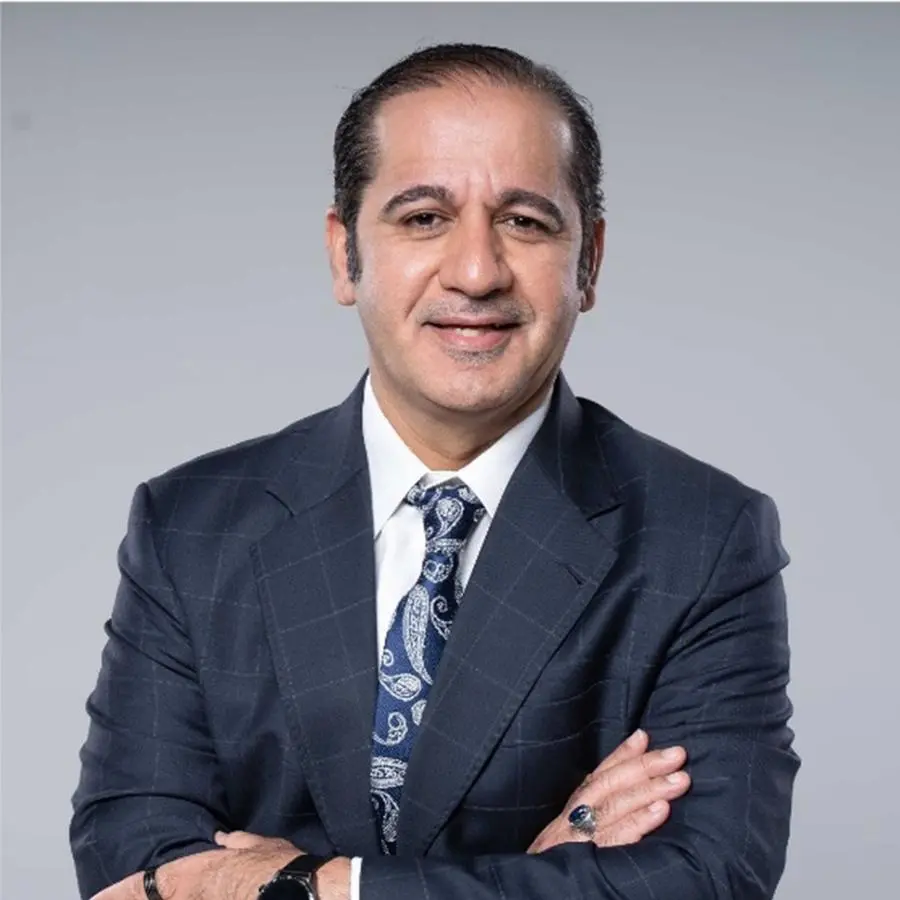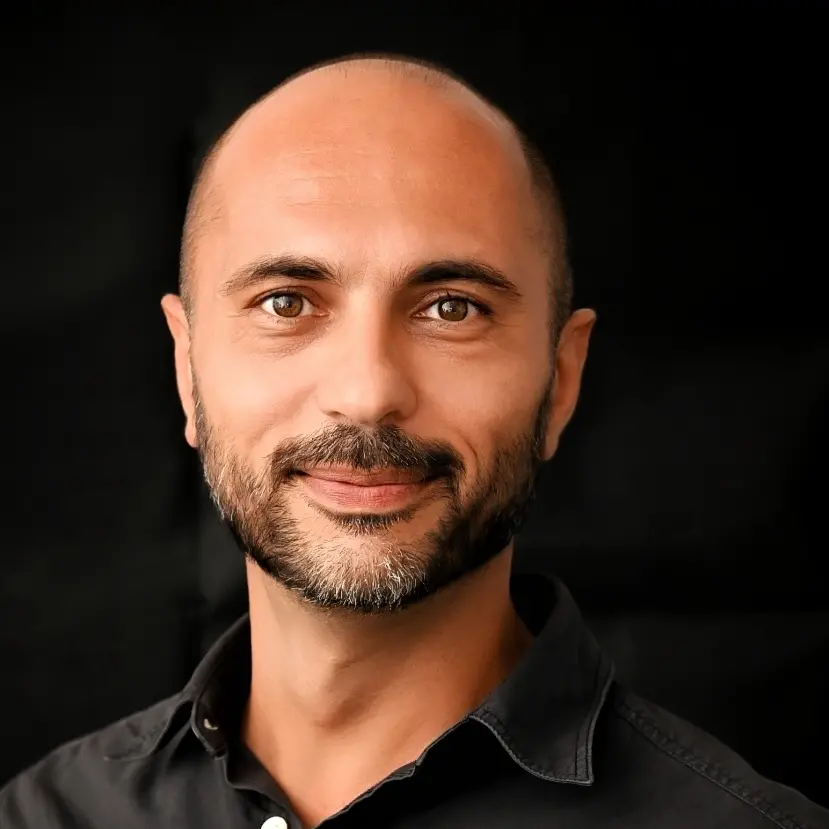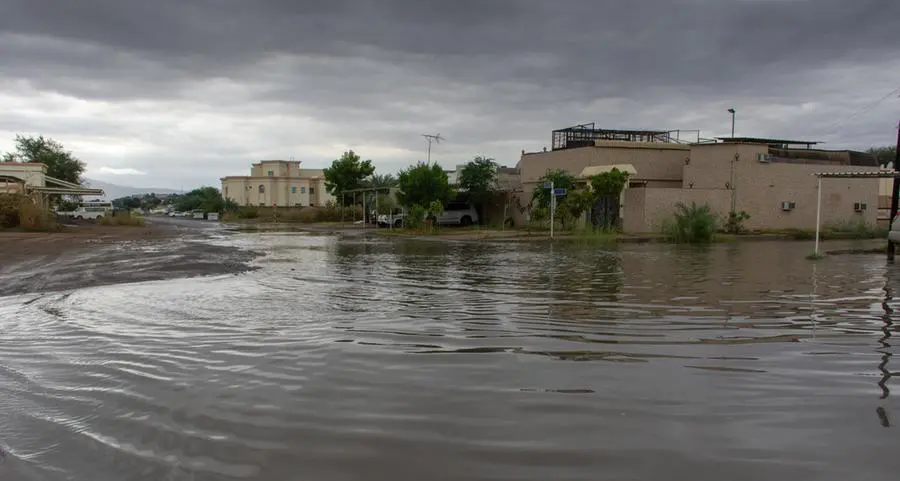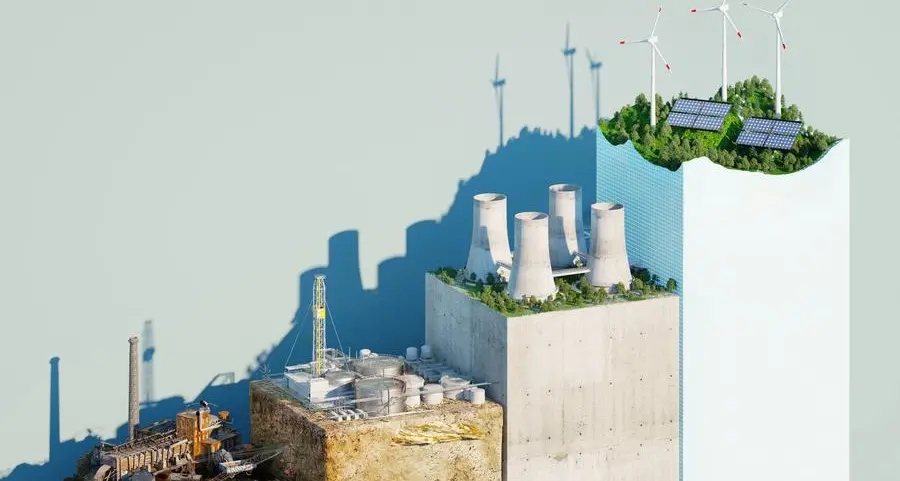Dubai, UAE: Dubai’s diverse and vibrant hospitality sector is forecast to experience strong, sustained growth over the coming years, with occupied room nights set to reach 35.5 million annually in 2019, representing a robust 10.2% compound annual growth rate (CAGR) over the next 24 months.
According to a comprehensive study of the market by Dubai’s Department of Tourism and Commerce Marketing (Dubai Tourism), the emirate’s room supply is set to reach 132,000 by the end of 2019, growing at a 2-year (2017-2019) CAGR of 11.1%. Meanwhile, occupancy levels are forecast to remain at an extremely healthy 76-78% despite growth in capacity, maintaining the attractiveness of the sector to hotel investors and developers. The strong competitiveness of the sector is set to continue to be fuelled by increases in Dubai’s growing international overnight visitation and targeted increases in length of stays [LOS], supported further by recent and upcoming tourism attractions and experiences. With concerted efforts to raise awareness in both established and emerging source markets, the duration of travel from new and existing segments are expected to see further growth in the medium term, positively impacting demand for room nights, which is in turn expected to outpace visitor growth over the coming 24-48 months.
His Excellency Helal Saeed Almarri, Director General of Dubai Tourism said: “Dubai’s hotel industry remains at the forefront of cross-sector efforts to drive tourism growth, as we collectively work towards realising our Tourism Vision and enable our 2020 goals. Dubai’s position as the fourth most visited city in the world, and the consistent growth in overnight visitation, has been achieved in large part thanks to the efforts of our committed stakeholders in the domestic hotel and hospitality sector. With international and local investors, and operators continuing to actively pursue opportunities in Dubai, we expect to see not only sustained growth in inventory in line with our projected demand for occupied nights, but also further diversification across various asset classifications, to ensure that as a city we are the most globally competitive in providing our visitors the optimal range of options that cater to their preferences across the spectrum of hospitality offerings.
“Driven by the visionary leadership of His Highness Sheikh Mohammed bin Rashid Al Maktoum, Vice-President and Prime Minister of the UAE and Ruler of Dubai, we will continue to work with stakeholders and partners across the public and private sector to ensure the hotel industry and the overall tourism sector are aligned with our strategic aspirations to be the most visited, recommended and revisited city in the world, and consequently deliver our objective to build and sustainably grow aggregate sector contribution to Dubai’s GDP.”
At the end of 2017, Dubai’s hotel inventory stood at 107,431 rooms, with growth of 4% over the course of the year, and occupancy at a healthy and stable 78% despite capacity increase, thanks to the 6.2% growth in overnight visitors to 15.79 million. The robust performance is particularly significant as it came amid challenging economic and political conditions across key source markets, including the volatility impact of fluctuating oil prices and Brexit. Hotels were also faced with a strong US Dollar impacting Dubai’s global price competitiveness due to the fixed currency peg with the UAE Dirham, partially mitigated by price corrections as hotel average daily rates (ADR) declined 4% in 2017 to maintain affordability vis-à-vis other tourism destinations – that said, net prices still increased by approximately 10% from 2013 to 2017 for most global consumers, but delivered 30% increase in guest traffic at paid accommodations demonstrating strong resilience.
Between 2013 and 2017, hotel inventory grew at a CAGR of 5.9% and a notable trend seen over that period was the development of more affordable mid-scale offerings, encouraged by Dubai Tourism incentives. Building on the momentum since 2013, room inventory in the 3 and 4 Star categories is projected to continue to grow at 10% and 13% respectively through to the end of 2019. This diversification of the hotel sector is part of the strategic focus on widening Dubai’s tourist base, enabling the city to attract larger volumes from new market segments across diversified source markets as evidenced by some clear preferences witnessed for more value friendly options suitable for longer stays and larger party sizes from key demand pockets. Visitors are expected to continue to gravitate towards options that offer flexibility, diversity and value, particularly in light of the continued growth in the family audience, and the emergent rising share of the FIT (families and independent travellers) segment from high growth Asian markets.
Moving forward, further growth and demand for hotels and hotel apartments will be fuelled by the ongoing development of the overall tourism proposition in Dubai. Following the 2016 introduction of Dubai’s theme parks – IMG Worlds of Adventures and the integrated Dubai Parks and Resorts – the properties have further enhanced the city’s attractiveness for families, while more recent additions such as Dubai Frame and Dubai Safari have already proven to be popular with both residents and visitors. The 2017 opening of La Perle, the region’s first permanent theatrical show, added a fresh dimension to the cultural and entertainment scene in Dubai, while the Etihad Museum rounded off the historic side providing visitors with an immersive look at the story behind the formation of the United Arab Emirates. Adding more depth to the heritage aspect of Dubai’s offering has been the development of Dubai Historic District, which has already inaugurated the Saruq Al Hadid Archaeological Museum and through 2018 will present a deeper and richer insight into the emirate’s roots for residents and visitors. Attractions and propositions such as these will play a vital role in supporting further growth and demand for hotels and hotel apartments, yielding increases in visitor volumes and LOS.
One of the most integral supply drivers to support tourism growth is the aviation sector and Dubai’s evolution as a major tourism hub has been ably enabled by Dubai International Airport, which continued its reign as the world’s number one international airport in passenger traffic terms in 2017, delivering 88.2 million passengers, up 5.5% from 2016, with plans to expand capacity to 118 million by 2023. Further growth in air traffic to Dubai will be also be fuelled by Dubai World Central, which in the longer term will ultimately have capacity to handle up to 240 million passengers a year.
Dubai’s retail sector also remained a core lever for tourism growth given that shopping has been a driver of tourist spend across most source markets. As such, the planned infrastructure expansions reflect confidence in the demand from Dubai’s growing visitor volumes, with 900,000 square metres of new retail space set to come online through 2019, adding to the 600,000 square metres built between 2012-2017. The size of the offering as well as its diversity – the emirate currently hosts 57.3% of global brands – has been furthered by Dubai’s Retail Calendar, which brings together the domestic industry around key retail-oriented festivals and seasonal activations to encourage greater consumption.
Separating, as a dominant category within the overall tourist base, business tourism is another key segment within Dubai’s portfolio, with travellers in this segment delivering a significant average daily spend and being high potential targets for revisitation as leisure destination travellers. Dubai Tourism hence remains focused on building awareness of Dubai’s key positioning as a global leader in innovation, and as a hyper-connected pro-business hub between East and West, providing unrivalled access to the world’s highest potential economies.
Commenting on the overall growth and planned capacity increases across all key facets of a city that enable tourism demand, His Excellency Helal Saeed Almarri concluded: “As one of the key levers of visitor growth, hotels are integral to Dubai’s destination promise, reflected in the strong reputation this aspect of the city has garnered globally. In order to meet our ambitious targets and appeal to an ever-widening base and personalised preferences of today’s traveller, it is imperative that the hospitality sector is geared to not only meet and satisfy demands, but also to deliver a lasting impression that creates advocates for Dubai, driving repeat visitation as well. Ever evolving to incorporate more options for visitors, Dubai’s tourism proposition already has a diverse mix across all key pillars of our proposition, including Retail, Gastronomy, Beach and Marine, Adventure, Family Entertainment, and Events.
“Across all these areas we expect to see a continued evolution to keep our offerings refreshed, renewed and most cutting-edge to ensure that we are not only appealing to new audiences and first-time visitors, but are always top-of-mind for those that have visited before. It’s encouraging to see that all these components of the travel experience are being adequately planned for by our private sector stakeholders as they will play a critical role in our continued growth and global competitiveness. On the back of all these enablers we expect to see not only volume growth but also value capture – as these drive tourist demand and spend, and as such the portfolio of hospitality options in Dubai will concurrently grow to provide the supply required to meet it. To support all our core proposition providers, commencing with hotels and expanding to attractions in later phases, Dubai Tourism recently launched its Blockchain Marketplace 10X project as we embrace His Highness Sheikh Mohammed bin Rashid Al Maktoum’s future-focused agenda to take Dubai 10 years ahead of its competitors and seek to make Dubai’s tourism sector the pioneer in travel democratisation.
“As stakeholders across the public and private sectors work together, aligning themselves with our strategic objectives, we remain confident that tourism’s contribution to GDP will continue to grow, furthering the importance of the industry to the emirate’s economy and enhancing Dubai’s status as a leading global destination - for 2020 and beyond.”
© Press Release 2018

